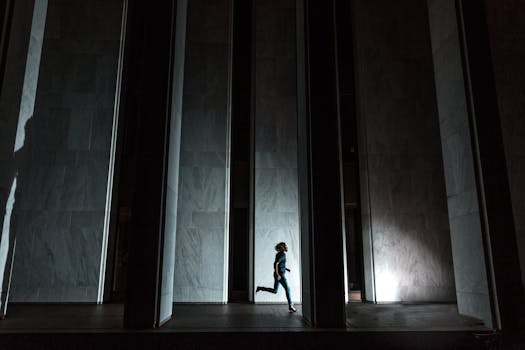
Prepare Your Gear
Lay out everything you'll need for race day: shoes, clothes, bib, watch, gels, sunscreen, and anything else required. Double check that you have pins or a race belt for your bib, and pack an extra layer if the weather might be unpredictable.
Nourish and Hydrate
- Eat a familiar meal: Stick with foods you know agree with your stomach. Aim for a balanced dinner with carbs, lean protein, and moderate fats.
- Hydrate adequately: Drink water throughout the evening, but don’t overdo it. Avoid excessive caffeine or alcohol, as they may disrupt your sleep or dehydrate you.
Set Yourself Up for Restful Sleep
- Lay out your gear so you’re not rushing or stressing in the morning.
- Set multiple alarms to avoid oversleeping.
- Try to wind down early; relax with a book, deep breathing, or light stretching.
Visualize Success
Spend a few minutes imagining yourself at the start line and picturing a strong, confident race. Visualize overcoming challenges and crossing the finish feeling accomplished.
Avoid Last-Minute Changes
Don't try new gear, foods, or routines the night before your race. Stick to what you know works best for you and keeps your body feeling its best.
Stay Positive and Trust Your Training
Remind yourself of the work you've put in. Trust your preparation, stay calm, and believe in yourself. A good night's rest and a relaxed mind will help you start your race strong and ready.
Comments
Post a Comment